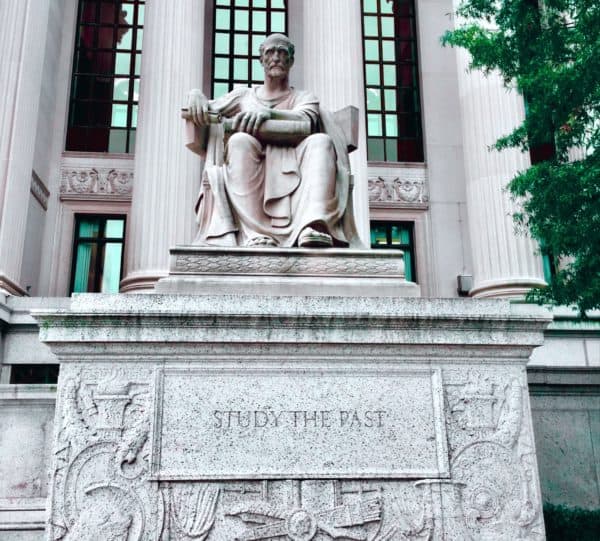A motion by plaintiffs in a class action suit against Ripple Labs to keep the case in California courts was denied this week by a judge.
The case will now move to federal court.
Lawyers for class action plaintiff Ryan Coffey filed the suit against Ripple in May alleging the company engaged in a “never-ending ICO” (initial coin offering) when it issued 100 billion XRP tokens then distributed 67.51 billion of those tokens “to the general public and wholesale to larger investors” and retained 32.49 billion tokens for founders.
Ripple says it sold its digital XRP tokens to pay for the development of a fast interbank transaction network it has been developing.
Plaintiffs are arguing that the mass issuance of tokens and pre-distribution to founders means the Ripple token sale closely resembles the sale of a unregistered security.
 Coindesk has reported that this is third class action brought against Ripple claiming that the company sold unregistered securities.
Coindesk has reported that this is third class action brought against Ripple claiming that the company sold unregistered securities.Although in her decision to allow the latest case to proceed to federal court, Judge Hamilton acknowledged, “the defendant always has the burden of establishing that removal (to federal court) is proper,” she also found that:
“…(A) defendant may remove an action under…if the amount in controversy exceeds $5 million, the putative class has more than 100 members, and the parties are minimally diverse.”
A so-called “removal bar” that prevents moving securities class actions to federal court if a company sold securities “on a national stock exchange,” also did not apply to Ripple, wrote the judge. XRP tokens are typically sold on cryptocurrency exchanges.
- “federal juries, by virtue of their larger geographic range, include fewer urban jurors and more rural jurors, and thus (according to lawyers’ lore) will award lower verdicts”
- “the Federal Rules of Civil Procedure place express limits on the amount of discovery available”
- “federal courts are…more prone to grant motions to dismiss (and motions for summary judgment) than state courts”
‘Discovery‘ refers to, “an exchange of legal information so that all sides can find out and know the facts of the case.”


